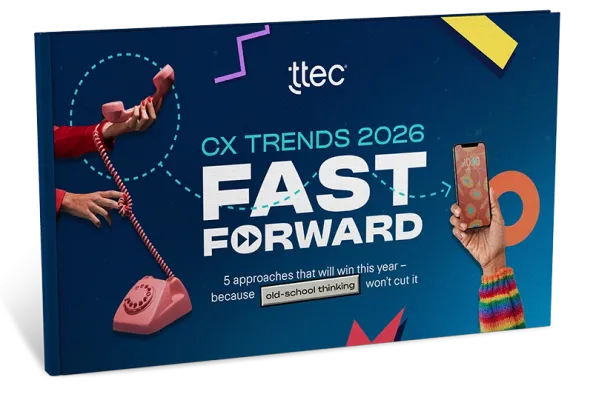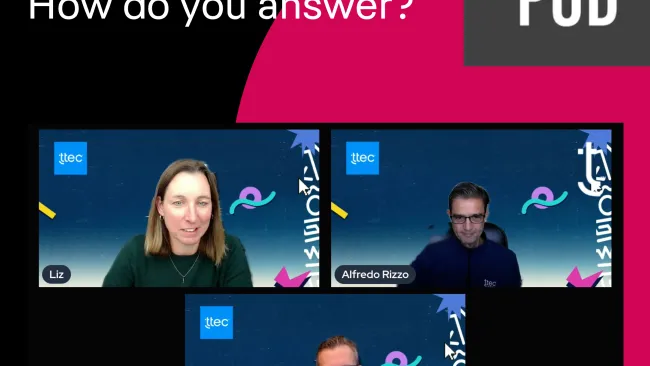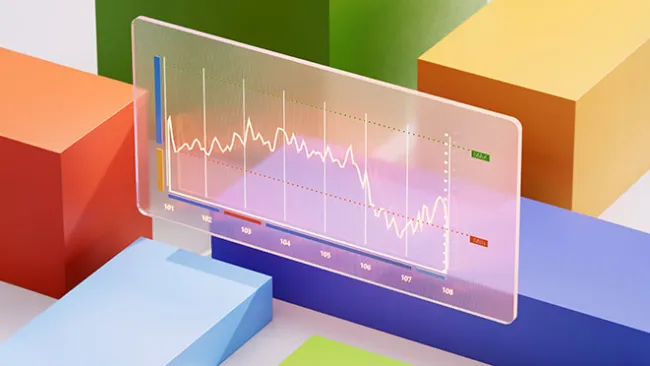There are many pressures on pharma medical information programs involving cost, technology, and staffing. While keeping these in mind, the main objective is supporting patients and their wide array of questions. The goal is to respond clearly, efficiently, to maintain compliance, and always be mindful of the patient’s journey and experience.
In many ways, the job of pharma healthcare advocates in the contact center is not unlike 911 emergency dispatchers who must be unflappable and prepared to handle any circumstance as if someone’s life depends on it.
That’s not an overstatement. Inbound calls to a pharma medical information program can have serious implications. Patients and healthcare professionals expect a trusted, knowledgeable person to assist them. With proper training and personalized coaching, a robust knowledgebase, and new artificial intelligence tools at their disposal, medical information associates are empowered to take the programs they support to new heights.
AI tools to enable people, not replace them
Patients many be calling to ask for more information about a prescription. They may wonder if a particular drug can be taken with another medication they’ve been prescribed. Patients also may be reporting an adverse event. Some patients may be looking for help affording their prescriptions. There is a myriad of questions the pharma medical information team needs to be prepared to address.
Each question is tied to a series of protocols necessary to ensure complete, correct, and compliant information is provided, particularly when customers report adverse events such as a drug’s side effect or a product quality complaint, which must be reported in accordance with the FDA guidelines.
AI tools and enhanced training help medical information associates effectively and efficiently navigate, track, and document a labyrinth of information, all while showing empathy and care to the patient in real time. Also important is how the AI tools enhance the ability to address inquiries from healthcare professionals.
TTEC’s AI-driven approach to medical information programs
Consider the wide range of AI-enhanced tools now available to take your medical information program to the next level:
- Conversation AI: AI-enhanced technology listens for signals indicating an adverse event (AE) is being reported during a live call, such as symptoms that arose after taking a new prescription medication or reports of a product quality complaint (PQC), such as a damaged drug delivery device. An alert is instantly sent to the associate and team leader to ensure AEs and PQCs are documented and reported.
- Robotic process automation: AI compiles call details with high accuracy, greatly reducing time spent compiling notes manually after a call is completed. The AI notes summary tool can be programmed to understand all details that need to be captured such as primary purpose of the call, actions taken by the associate, resolution, and any follow-up actions. Those details are then automatically populated and recorded in the CRM.
- Voice enhancement solutions eliminate disruptive background sounds on both sides of the conversation, whether the patient is calling from a bustling doctor’s office or the associate assisting the patient experiences unexpected noises in their environment. The technology strips out echoes and enhances audio fidelity. In the case of one healthcare client, voice enhancement reduced audio complaints by customers 99% and boosted (NPS) Net Promoter Scores by 9%.
- Real-time accent localization: Currently being tested in TTEC’s Innovation Lab is AI-driven accent localization, which dynamically modifies associates’ verbal inflections — in real time — to better-match a customer’s natively understood accent. The solution currently supports more than 17 dialects.
- TTEC’s AI-enhanced knowledge solution uses speech analytics, historical data, and workflow triggers to prompt the associate with the next step to take to achieve resolution quicker. The tool also quickly retrieves relevant knowledge articles from disparate sources.
- AI-enhanced chatbots: Self-service assistants provide patients with answers in seconds, reducing wait times and improving patient access to information. This saves your healthcare advocates time and effort on frequently asked questions.
Our goal with every patient interaction is to ensure clear, correct, and compliant information is provided, while showing empathy and understanding. AI tools help our people create an environment where the patient can receive the personalized care they deserve.
You can learn more about TTEC’s healthcare experience and services and other tools by checking out TTEC’s AI Center of Excellence where we showcase the latest finds that improve the patient experience by incorporating humanity into every interaction.














